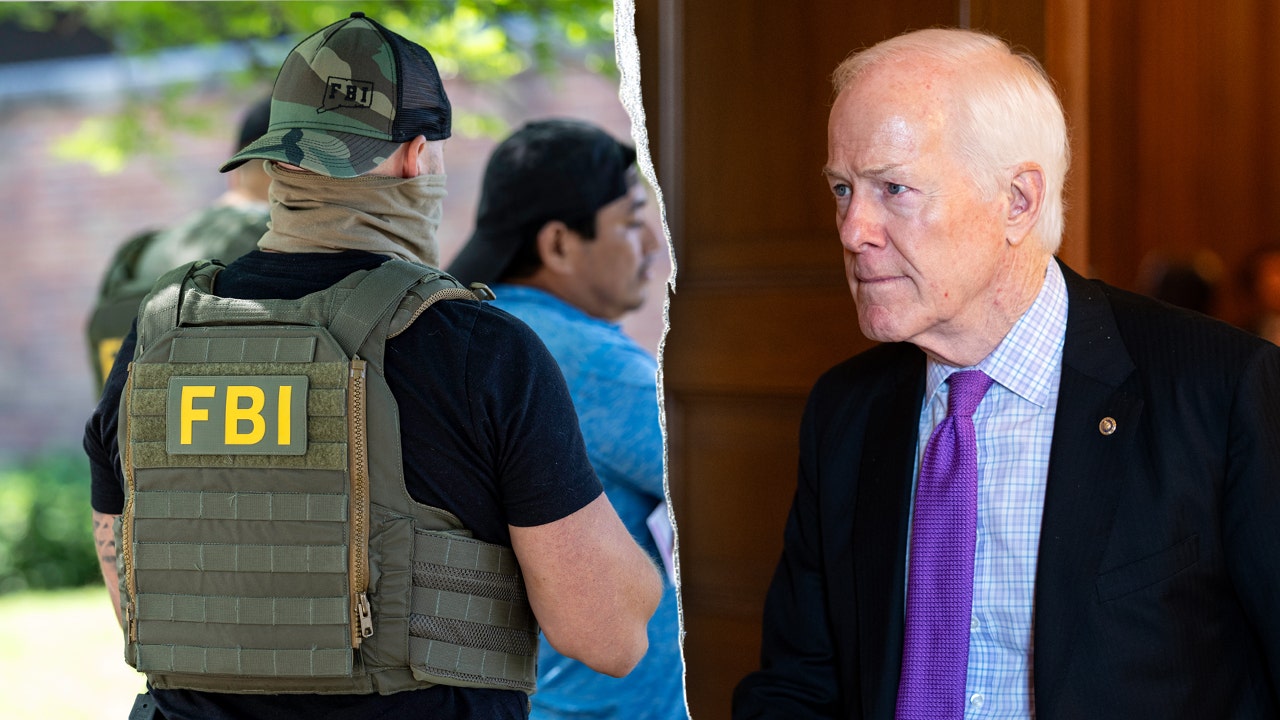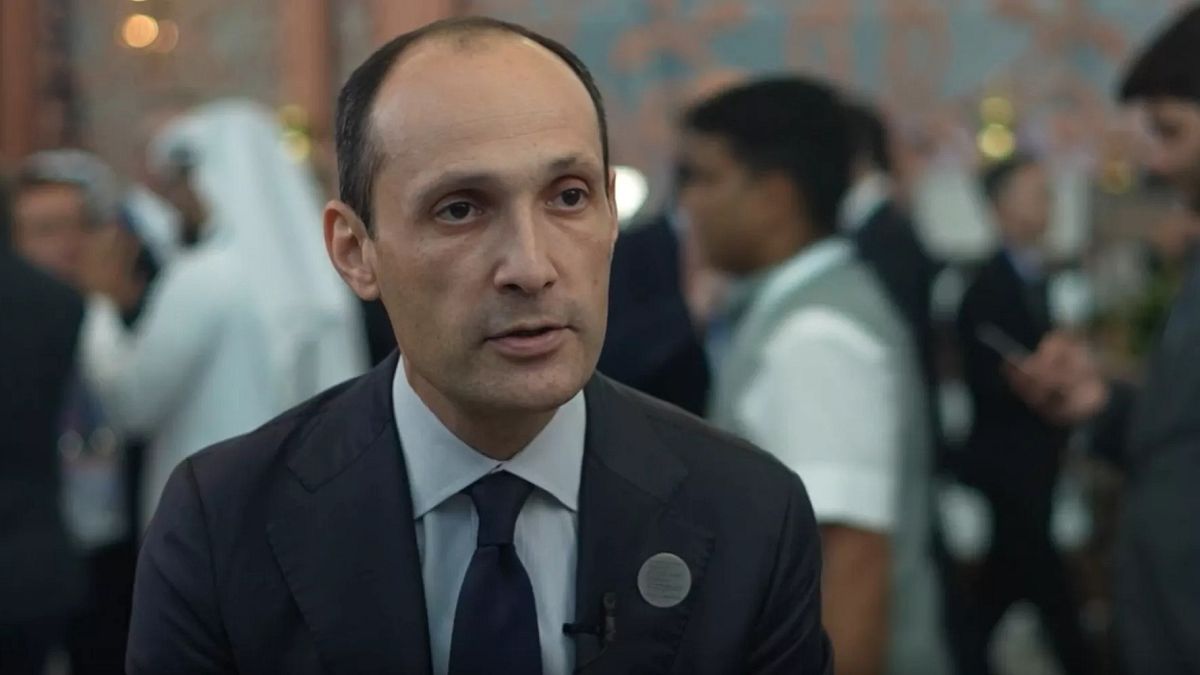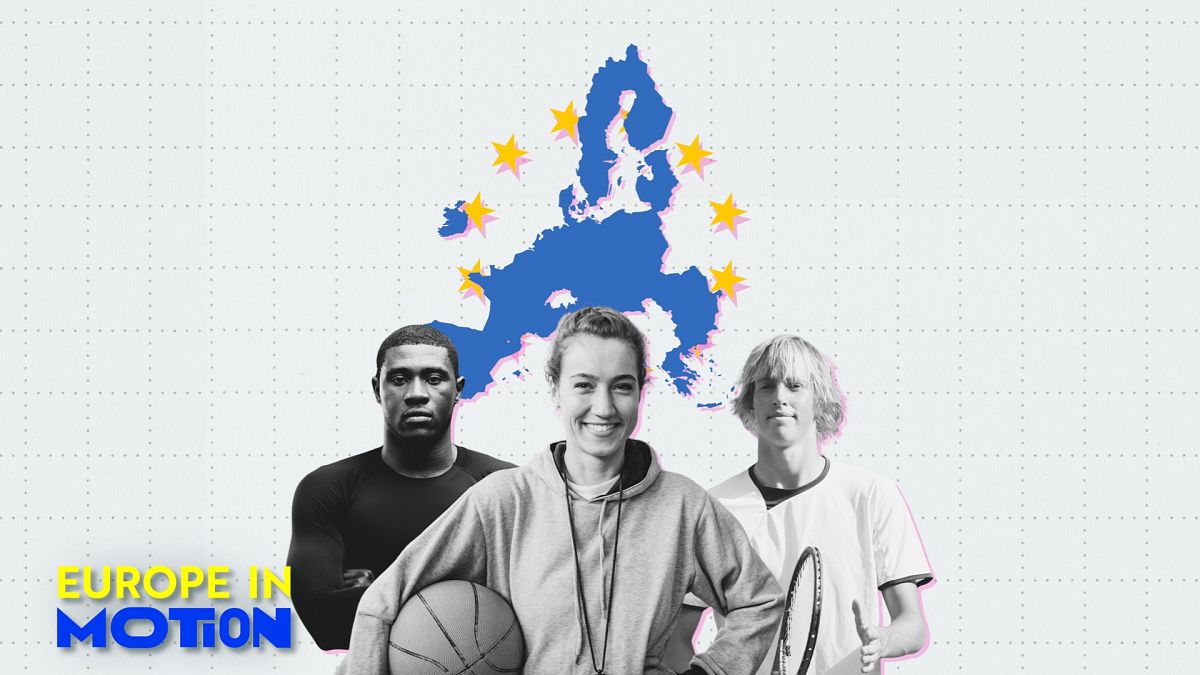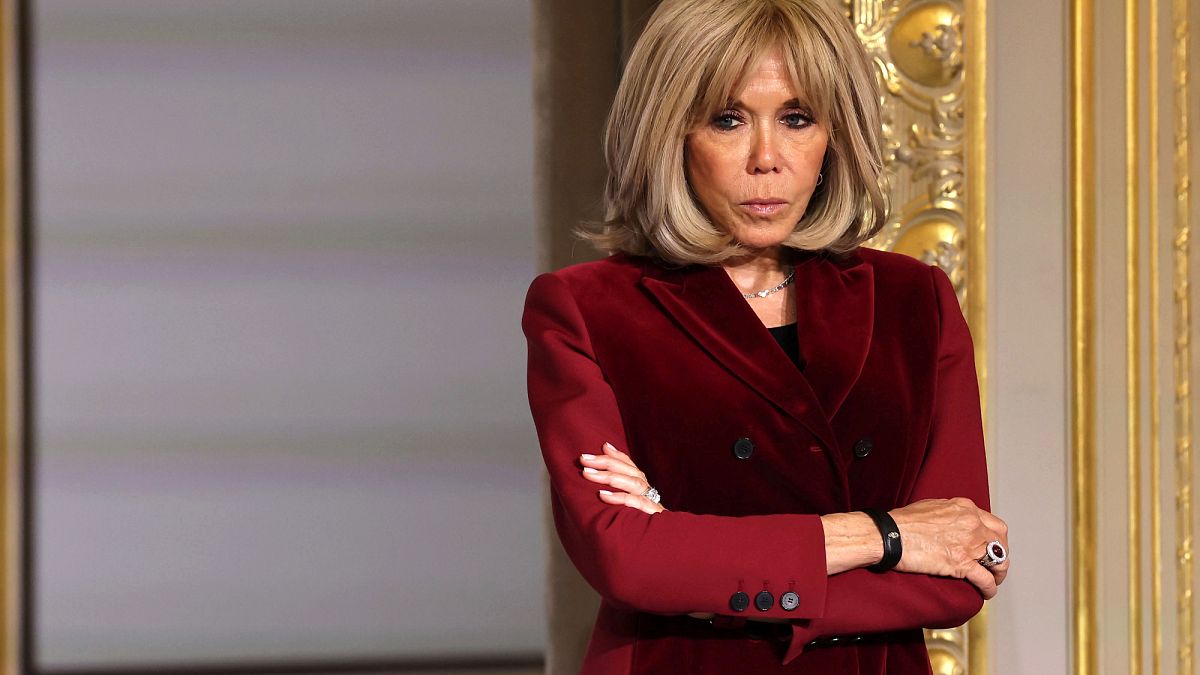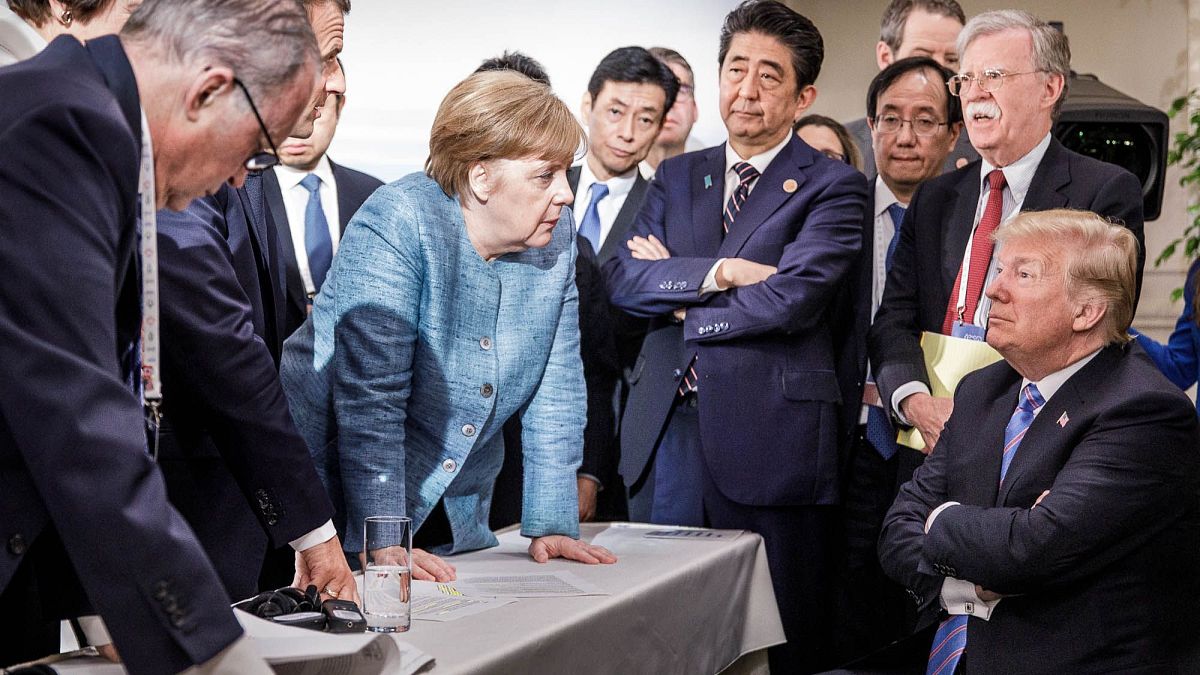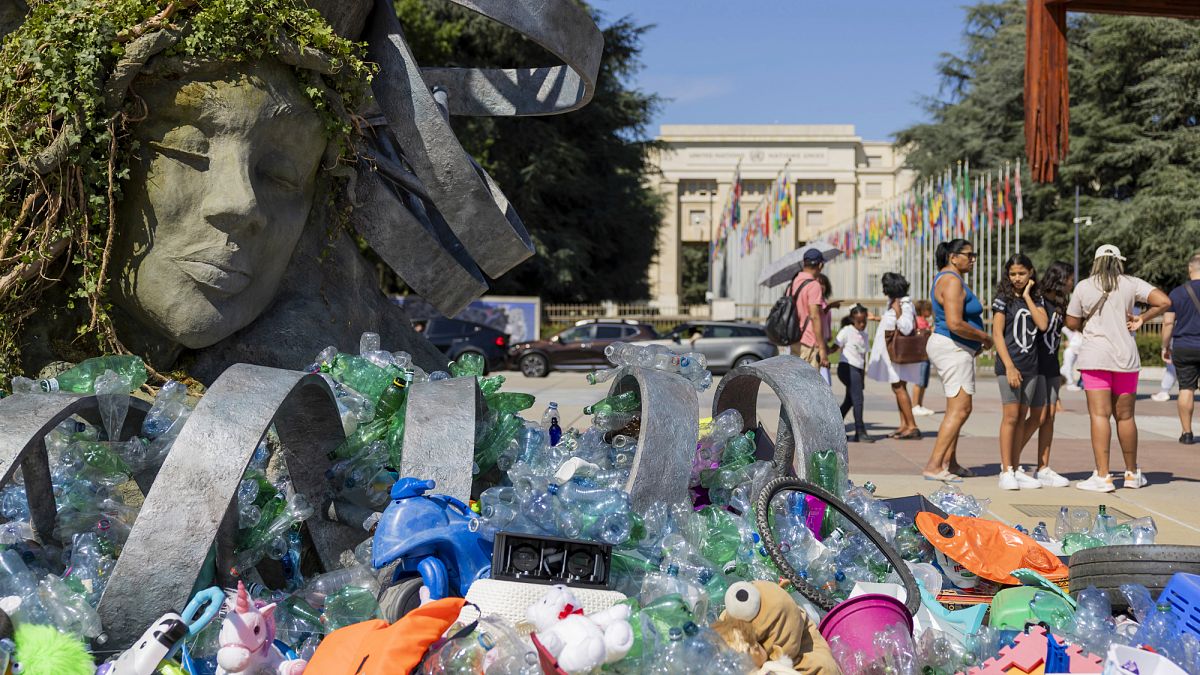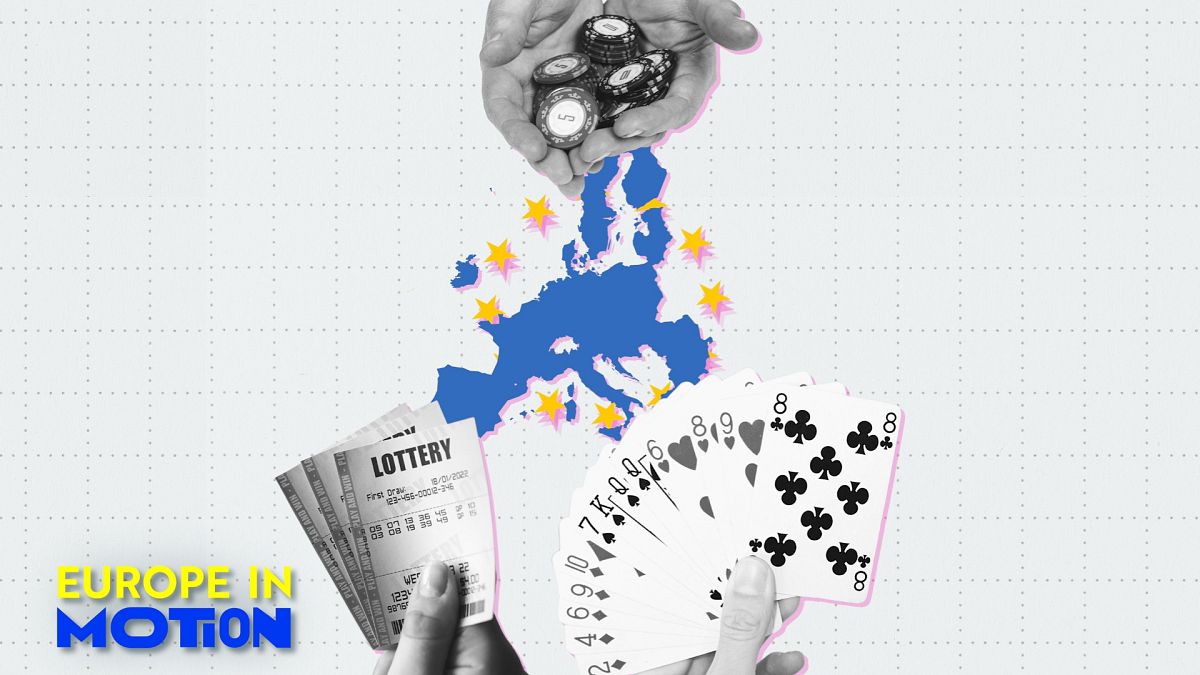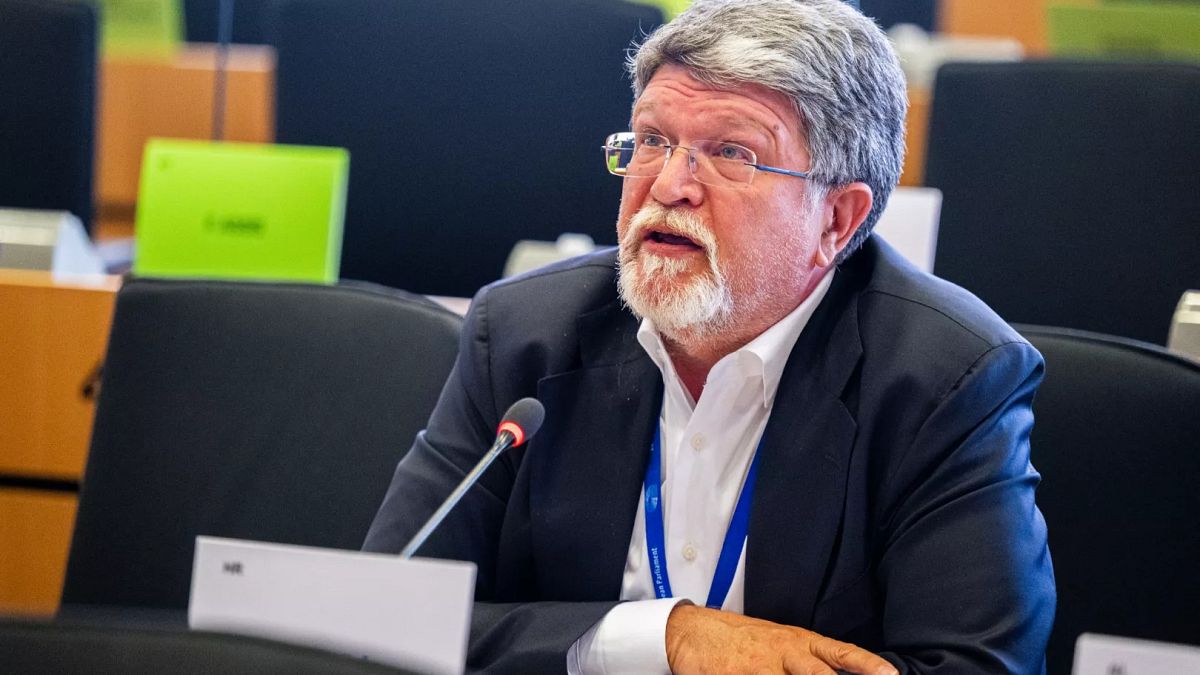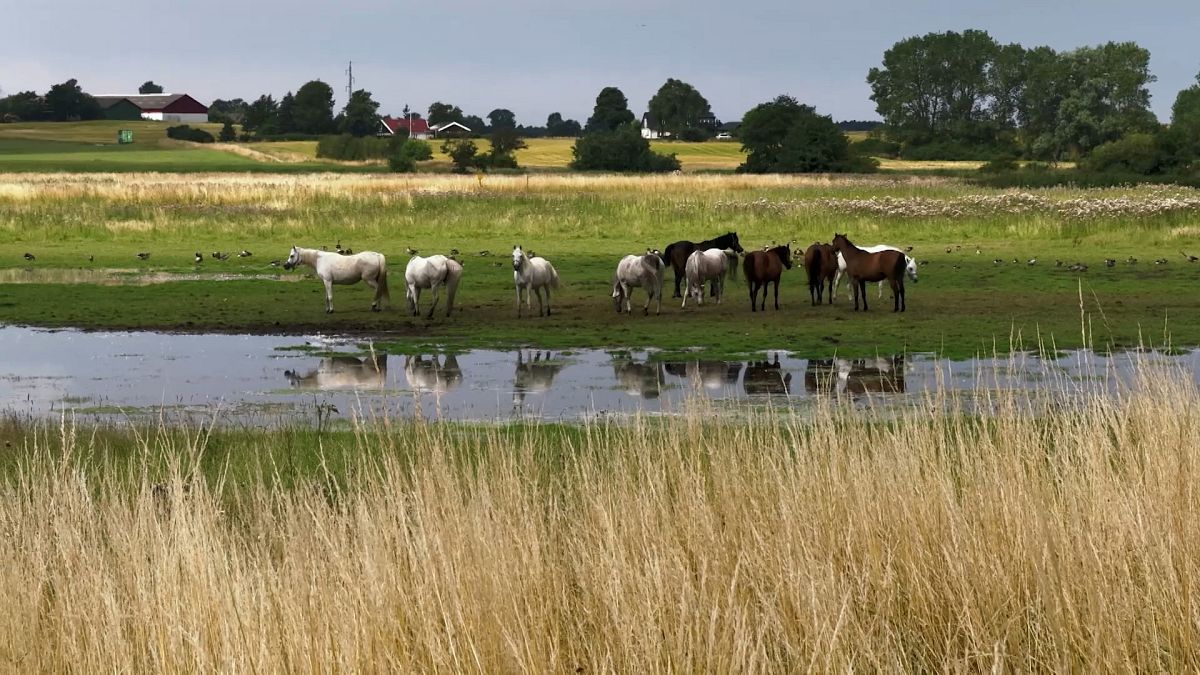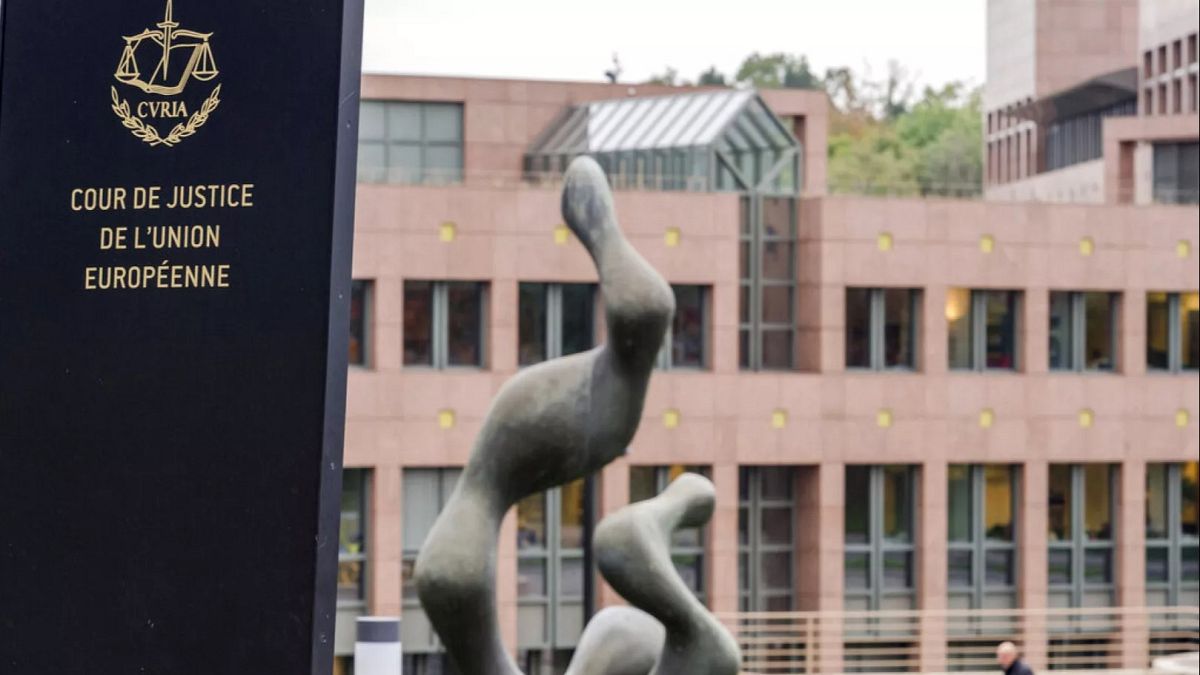& Laila Humairah
Published on
Georgia’s government remains committed to European Union accession and believes the “process goes in a very active way,” First Deputy Prime Minister Levan Davitashvili said.
Speaking to Euronews on the sidelines of the Qatar Economic Forum in Doha on Wednesday, Davitashvili, who also serves as minister of economy and sustainable development, said there had been no shift in official government policy and Tbilisi had already fulfilled 60% of the accession requirements.
“We have clearly declared that our target is full-fledged membership by 2030. We understand it’s a long process, but we are fully focused to implement this significant reform, and we are still loyal to this reform, and this process goes in a very active way,” he said.
Davitashvili’s comments echo those of Georgian Prime Minister Irakli Kobakhidze, who told Euronews in February that his government still considers membership by 2030 achievable.
Kobakhidze said Georgia faced “some significant challenges with the European bureaucracy” but emphasised that he was still “very optimistic” that his country would ultimately join the bloc.
“It’s because of the European bureaucracy and the policies towards Georgia,” he said. “So, if that policy changes, everything will be in a better shape.”
Relations on the mend?
In November, Kobakhidze announced that Georgia would pause discussions on its bid to join the EU until 2028 due to what the prime minister described then as “blackmail and manipulation” from some of the bloc’s politicians.
That decision sparked widespread protests across the country from thousands of Georgians who see the future of the country integrated into Europe.
Kobakhidze was reappointed as prime minister in November by the ruling Georgian Dream party, whose disputed victory in October’s parliamentary election also sparked mass demonstrations and led to an opposition boycott of parliament.
Protesters accuse Georgian Dream of leaning towards Moscow.
Opposition forces — including Georgia’s former president Salome Zourabichvili —condemned the results as a “total falsification” of the vote.
The European Parliament also adopted a resolution condemning the vote and calling for new elections to be held under international supervision.
The ruling party, which has been in power since 2012, denied any wrongdoing.
But recently, relations between Georgia and the EU seem to have thawed, particularly after Kobakhidze’s appearance at the European Political Community summit in Albania last week.
A short but warm encounter between the Georgian premier and French President Emmanuel Macron during the summit signalled that Georgia and the EU are turning the page on their past differences.
Kobakhidze underlined this moment by telling journalists that “there was a period of limited communication (between Georgia and the EU) and it seems our European partners were eager to restore ties with Georgia.”
The Georgian prime minister explained the thaw by his country’s “vital role for Europe” adding that “everyone understands the need to engage with Georgia and its leadership, and this is likely why many initiatives have come from European leaders.”
“Over the years, we have made significant contributions to strengthening peace and stability in the region, and we remain committed to acting in this spirit moving forward,” Kobakhidze told Georgian journalists in Albania.
“We are connecting two neighbouring countries—Azerbaijan and Armenia—with Europe. Moreover, Georgia is undertaking several important projects with its neighbours that significantly improve connectivity,” Kobakhidze said.
“I believe this is of utmost importance not only for Georgia but also for Europe and the European Union, as it helps forge stronger links between the EU and our region,” the Georgian prime minister concluded.
